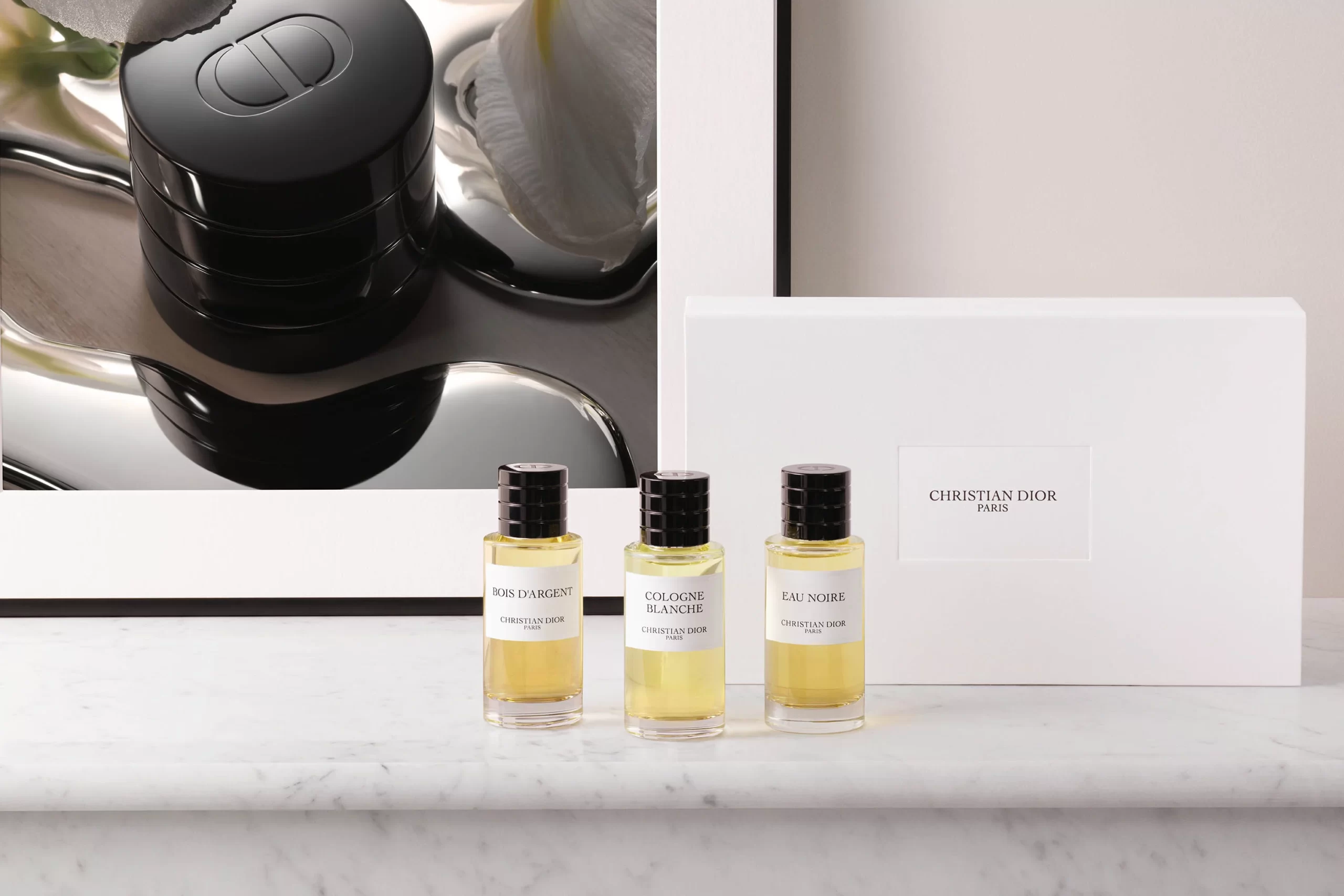AROMATHERAPY is a millennia-old tradition that’s been passed on to us through Egyptians countless centuries ago. It’s evolved into a $12 billion global source of stress relief, bodily rejuvenation and health.
There are different forms of aromatherapy, including using only essential oils; using single oils via diffuser or oil burner; using multiple oils in your bath or massage; using an essential oil blend; and more. Essential oils have been associated with many benefits. There are risks involved, too.
Table of Contents
How do essential oils work?
Essential oils are a popular method of using plant materials for therapeutic or personal reasons, but their effects haven’t been fully studied or regulated by the government. Many people swear by the potential for essential oils to successfully treat symptoms such as anxiety, congestion, and joint pain.
How do you use essential oils?
According to Dr. Emma Mack, the safest way to use oils is to dilute them for topical use or diffuse them for inhalation. She says that when applying oils topically, it’s important to do so with a barrier substance (such as an oil, lotion or aloe jelly). When using in the bath, experts say it is even more important to mix essential oils into a barrier substance first.
Emma also breaks down the myth others hold -the idea that using oils on your bottom of feet is the best way to absorb their properties. She said applying them on your arms, wrists, neck and back of ears generally produce better results for most people. For those who are inhaling essential oils, experts recommend using a waterless diffuser instead of one that has water in it. Waterless diffusers lessen the risk of waterborne bacteria being distributed among others.
“Relying on essential oils instead of medications without proper supervision by a physician can cause serious complications,” Mack says. However, they can be used to complement your current medication, which is why we encourage you to try them. They’re not covered by insurance, as they’re considered essential oils rather than essential to medical well-being.
Are essential oils safe?
Essential oils are usually safe to use. Even if they come from a less-than-optimal supplier, they can be effective at treating the illness or problem you’re trying to address.
As with many popular health trends, ambre nuit are becoming more recognized as a viable way to improve one’s well-being. While they do carry risks, you can protect yourself by following these steps:
Essential oils aren’t just a new trend. They can seriously be quite intense and should always be given by trained professionals, who are qualified to handle the administration of them. If you’re ingesting essential oils, it’s best that they only be taken under direct supervision of a doctor or certified aromatherapist.
If you’re experiencing a skin reaction and opting for essential oils topically, try it out first by mixing a few drops with a carrier substance. Be mindful of possible side effects.
Never use essential oils around children under the age of 5. This can be harmful to their developing bodies and cause respiratory distress.
Never apply oils directly to an animal. Always ask a veterinarian before using essential oils around a pet.
When it comes to the type of oils that work best for your own unique needs, it’s wise to get advice from a certified aromatherapist. They’ll be able to determine the safety and side effects of oils for every person at their clinic, as well as suggest ways to interact with certain oils which can be beneficial.
Essential oils vary, and each type has its own benefits. In order to get the best out of your essential oil purchases, know that single oils may not be appropriate for you. If you find one that is too intense or not what you need, there are many more that will provide similar positive effects.

